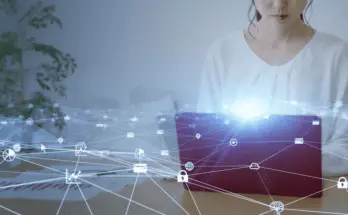What happened in Seattle was a repeat of what happened a few weeks earlier, when a freezer in a northern California hospital containing 830 doses of the Moderna covid-19 vaccine malfunctioned and the medical staff decided the best move to make would be to inject every dose into anyone available, regardless of their priority status.
In the aftermath of the late-night scramble to get vaccinated, I felt a strange mix of relief and guilt. I was relieved to be one step safer to the people around me in the community, all the while acknowledging that my social privilege, access to technology, and vehicle had given me a major advantage. If an incident like this happens again, which it very well may, given how sensitive these vaccines are, will those in line be more people like me: those with connections to healthcare workers, and who can drop whatever they’re doing and rush to a hospital?
Stephanie Morain, a medical ethicist at Baylor College of Medicine in Houston, Texas, says that even though we are better using doses than letting them go to waste, there are ways to use them to ensure that vaccine allocation doesn’t exacerbate these issues of privilege and access.
Some vaccination sites across the country have set up formal registration systems. “Community members can put themselves in a queue, and distribution is prioritized not by those who happen to know the nurse who is on shift that day, but instead based on the formalized criteria,” she says. “The latter, to me, is more ethically justifiable.”
Although what happened in the late-night scramble for a vaccine in Seattle was symbolic of many failures in the vaccine rollout, it showed us that when there’s a will, there’s a way. Doses were set to expire, and the community had to respond. Nurses and other frontline workers rallied to the call for volunteers to distribute vaccines almost immediately.
Toward the end of the night as the doses dwindled, one healthcare worker at UW Northwest said that she saw younger folks in line give up their spots to those who were older. By 3:30 a.m. on January 29, no doses went to waste. The circle of protection expanded.
Wudan Yan is a freelance journalist in Seattle.


